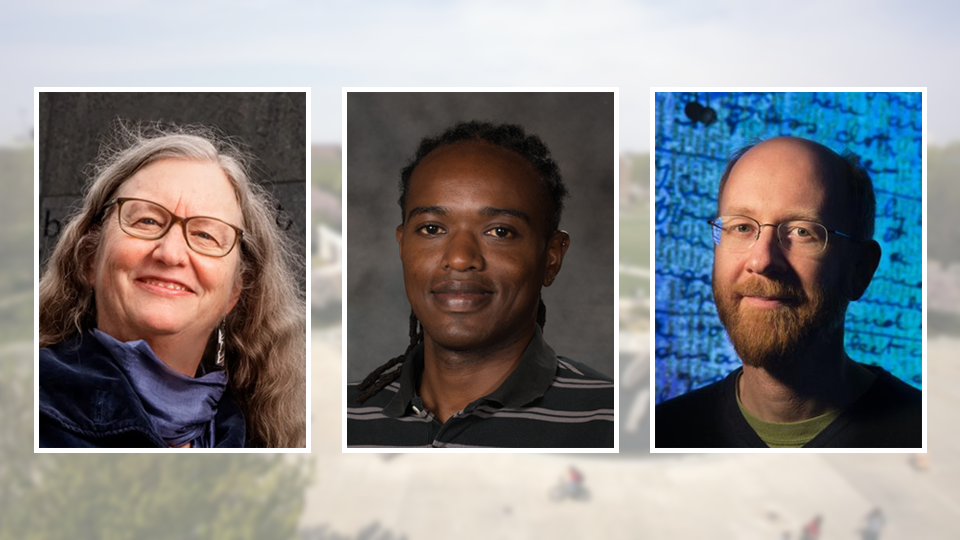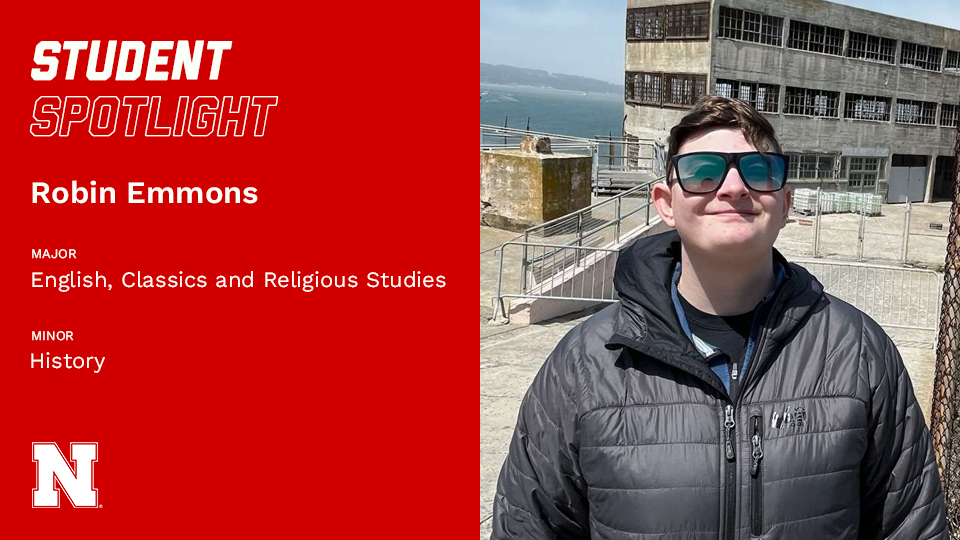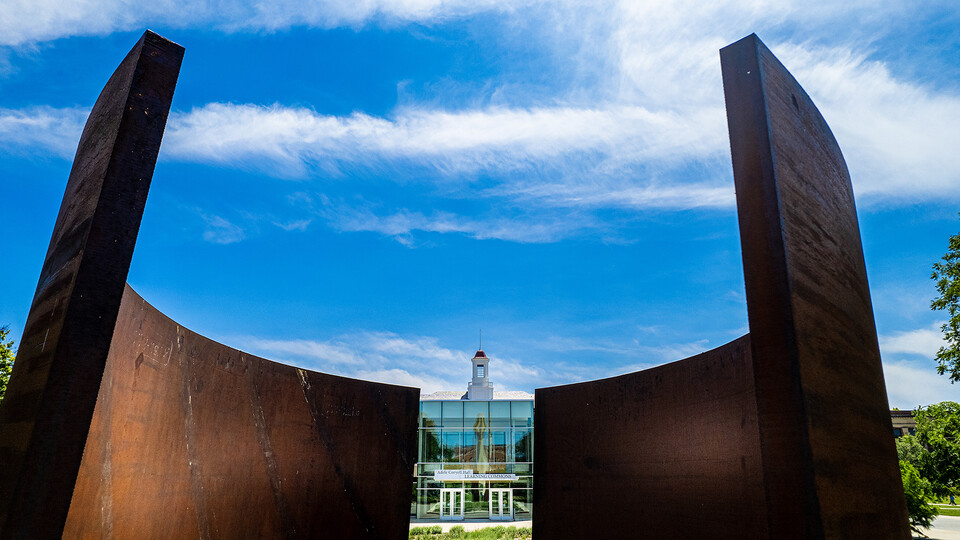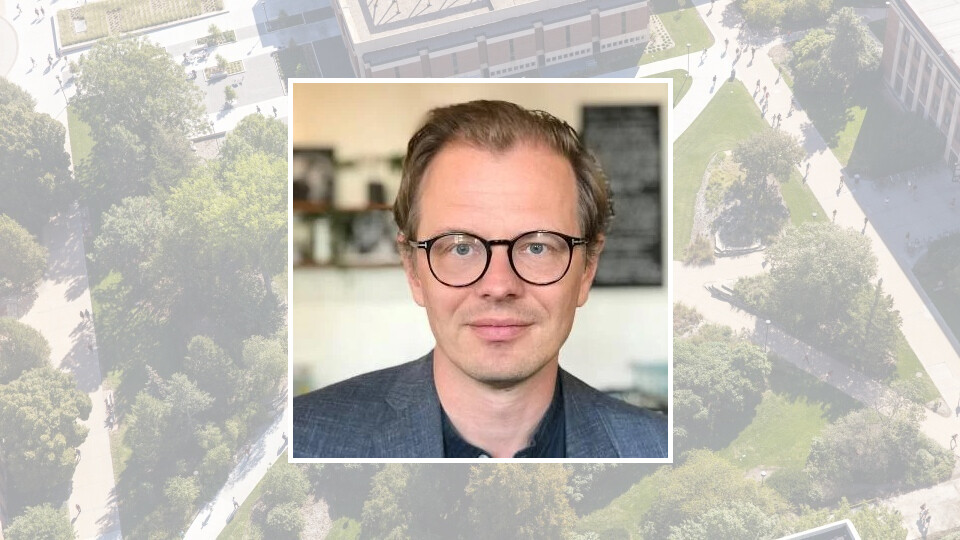
Margaret Jacobs, Ng'ang'a Muchiri, and Adrian Wisnicki have earned Digital Justice Grants from the American Council of Learned Societies. The funding is designed to promote and provide resources for digital humanities projects that aim to diversify the digital domain, advance justice and equity in digital scholarly practice, and contribute to public understanding of racial and social justice issues.
Jacobs, a faculty member in the Department of History and director of the Center for Great Plains Studies, is part of a team of three whose project "Honoring Indigenous Community Knowledge: Expanding the Genoa Indian School Digital Reconciliation Project Beyond the Government Archive" earned an ACLS Digital Justice Development Grant. The grant is led by Susana Geliga of the University of Nebraska at Omaha, and Jacobs is a co-lead along with Elizabeth Lorang, associate dean of University Libraries.
The two Huskers are co-directors of the digital humanities project centered around the Genoa Indian School. The funding will support its next major phase—supporting descendant communities in telling more complete stories of Genoa through the development of a digital oral history and community knowledge program. The project has published nearly 3,000 government records with work underway to publish several thousand additional documents.
Muchiri and Wisnicki are faculty members in the Department of English. Their project, "Recovering the Histories of Land Treaties in East and Southern Africa," earned an ACLS Digital Justice Seed Grant to develop a large-scale digital humanities exhibition that illuminates the creation, history, and long-term consequences of land treaties in nineteenth-century eastern and southern Africa.
The exhibition will include digitized texts and objects plus critical materials, with sample results accessible to English-, Kiswahili-, and isiXhosa-speaking audiences. They will also write a methodological reflection on project development and international collaboration, strengthen the collaboration between the four stakeholders, and draft a grant application to support a large-scale digital humanities exhibition.



